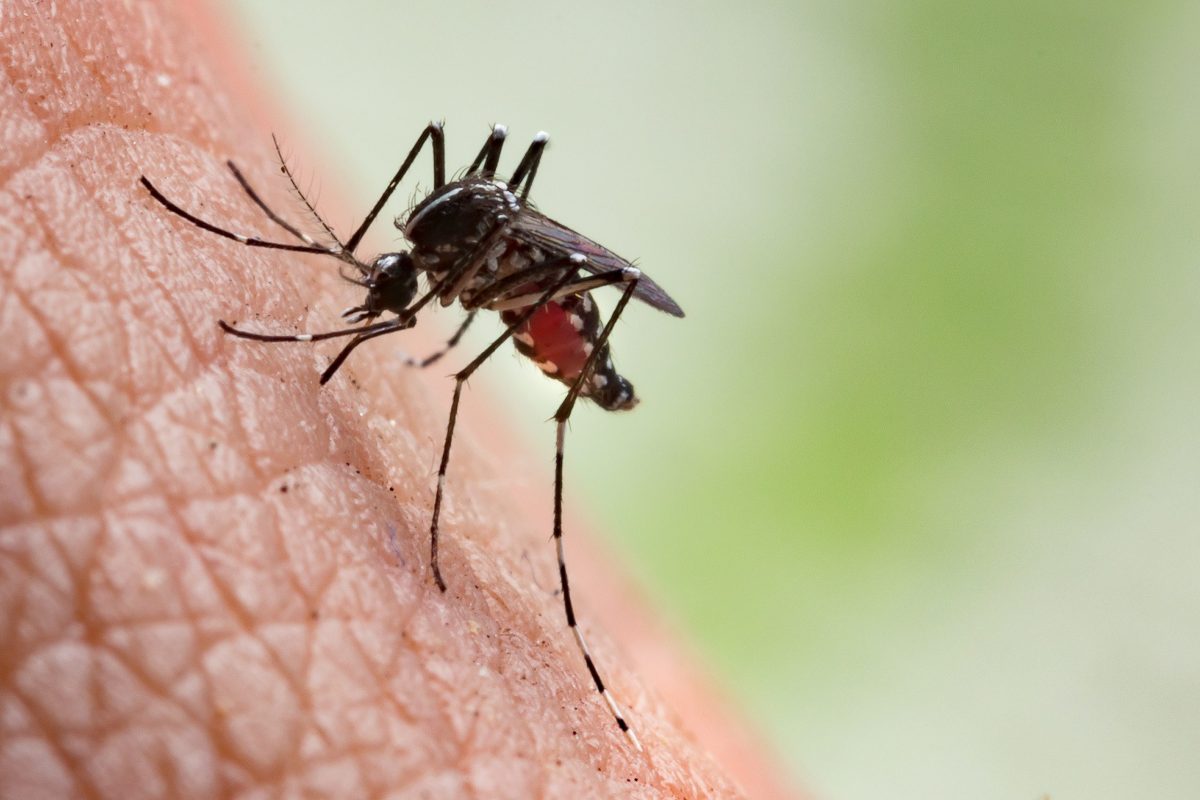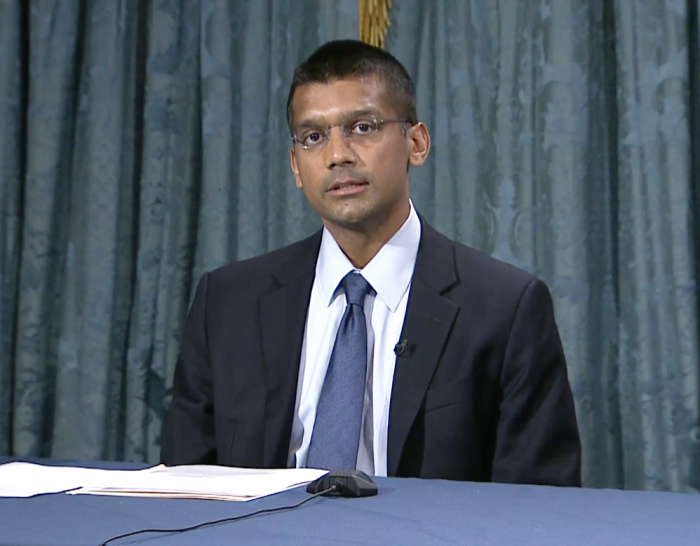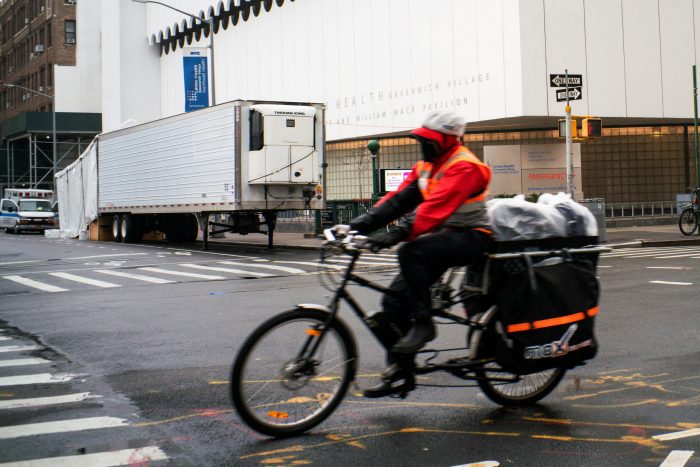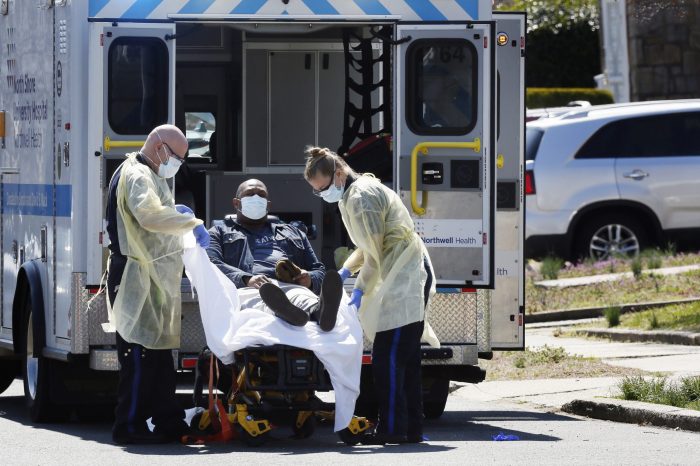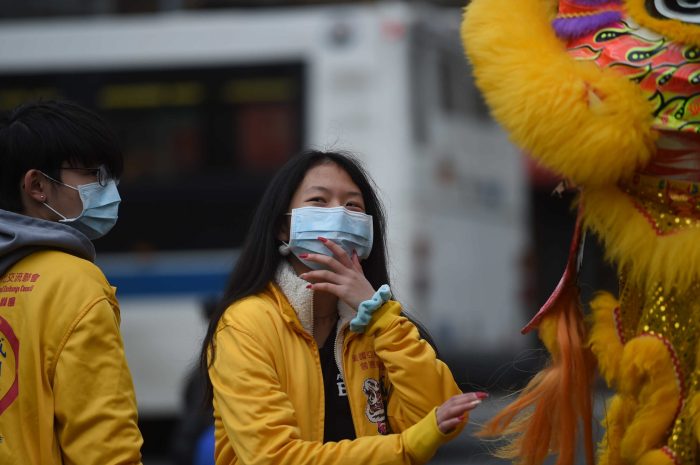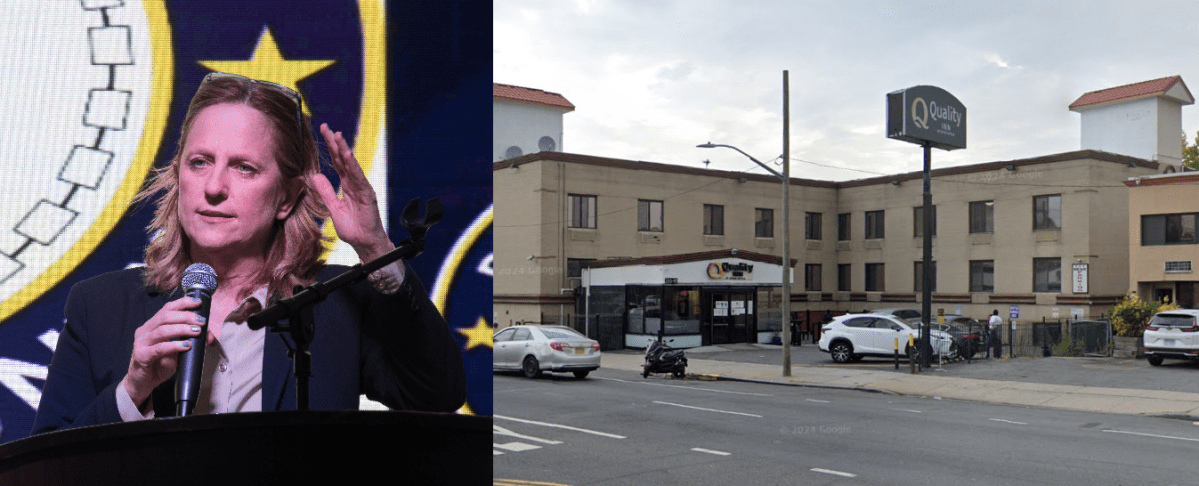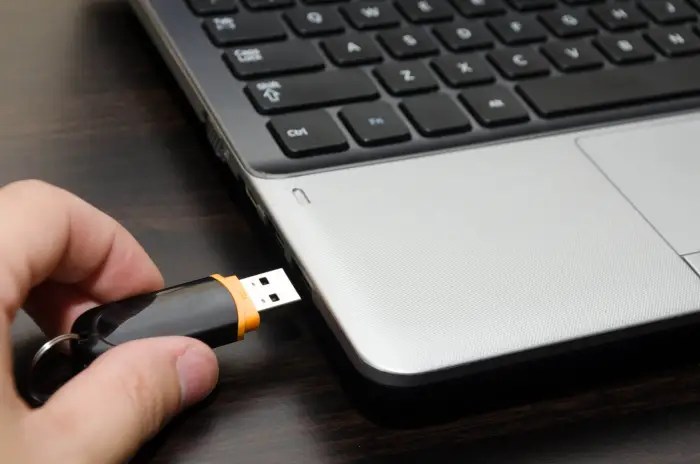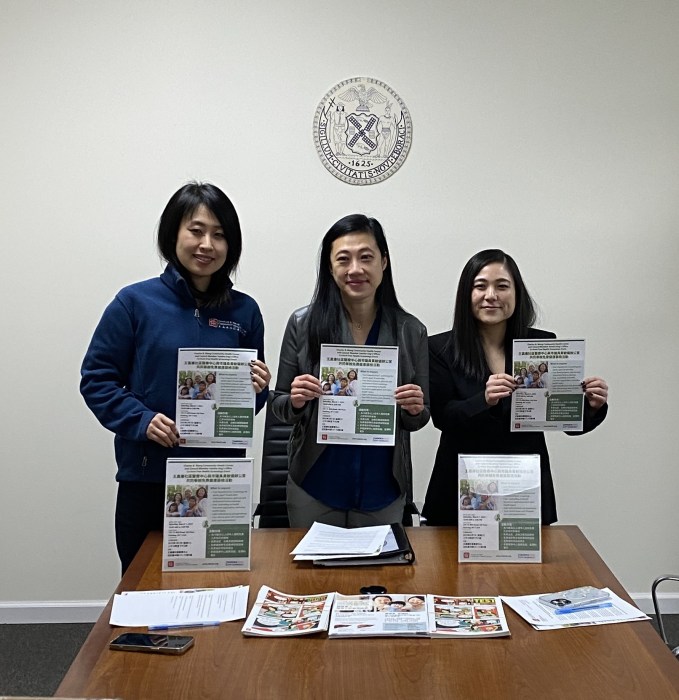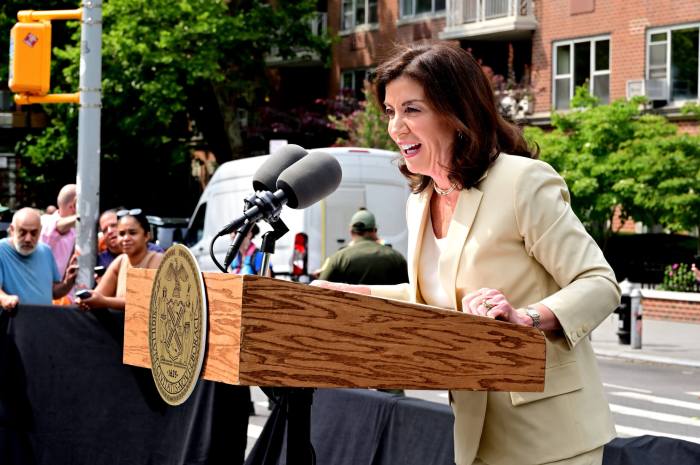New York City’s war on disease-carrying mosquitoes continues next week with another round of aerial larvicide treatments across marshy wetlands in Bronx, Brooklyn, Queens and Staten Island.
The spraying is scheduled during the day on Thursday and Friday, July 1-2, and Tuesday, July 6, between 6 a.m. and 7 p.m., weather permitting. In the event of inclement weather, the treatment will take place during the same hours between Wednesday and Friday, July 7-9.
It’s part of the city’s annual effort to control the population of mosquitoes potentially carrying the West Nile virus. The illness was first detected in New York City in 1999 and poses a potentially lethal risk to older or immunocompromised New Yorkers who may be bitten by infected mosquitoes.
During the larvicide treatment operation, low-flying helicopters will dump VectoBac GS, which contains naturally occurring bacteria designed to eliminate the mosquito larvae before they hatch, according to the city’s Health Department.
The larvicide treatments will take place at the following locations:
- Brooklyn — Marine Park and Fresh Creek.
- Bronx — Pelham Bay Park.
- Queens — Alley Creek, abandoned Flushing Airport, Dubos Point and Edgemere Park; Brookville Park; and Kissena Park.
- Staten Island — Goethals North marsh area (bounded by South Avenue to the east; former North Shore Railroad to the north; Arthur Kill Channel to the west; and Staten Island Expressway to the south); Corporate Park North; Fairview Park; Saw Mill Marsh; Chelsea Marsh; Fresh Kills; La Tourette; Port Mobile; Wolfes Pond Park; Blue Heron Park; South Beach; and Old Town Marshes (bounded by Naughton Avenue and Seaview Avenue to the east; Zoe Street to the north; Stobe Avenue, Rowan Avenue and Graham Boulevard to the west; and, Father Capodanno Boulevard to the south).
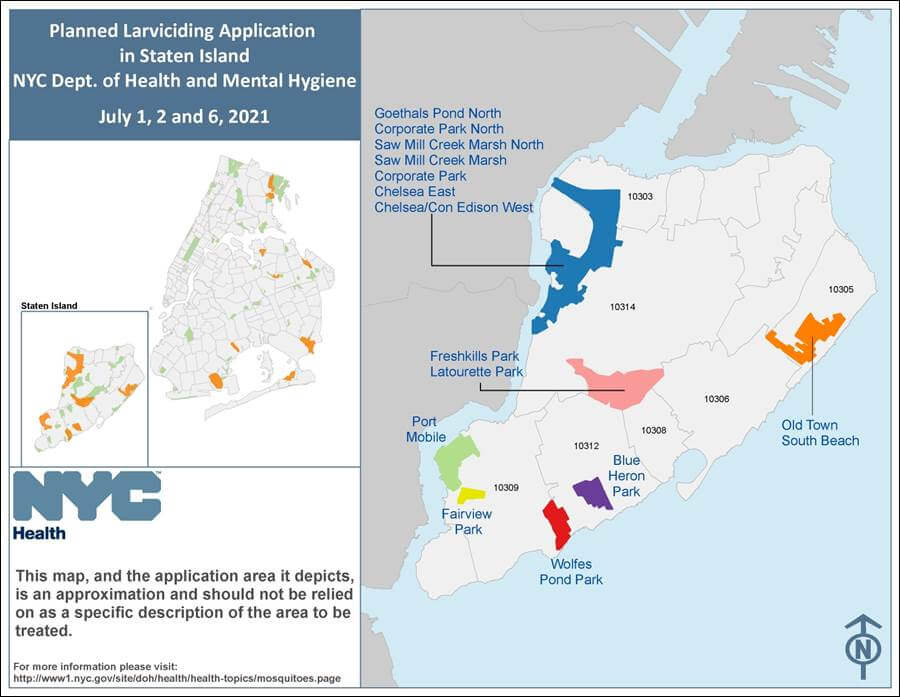
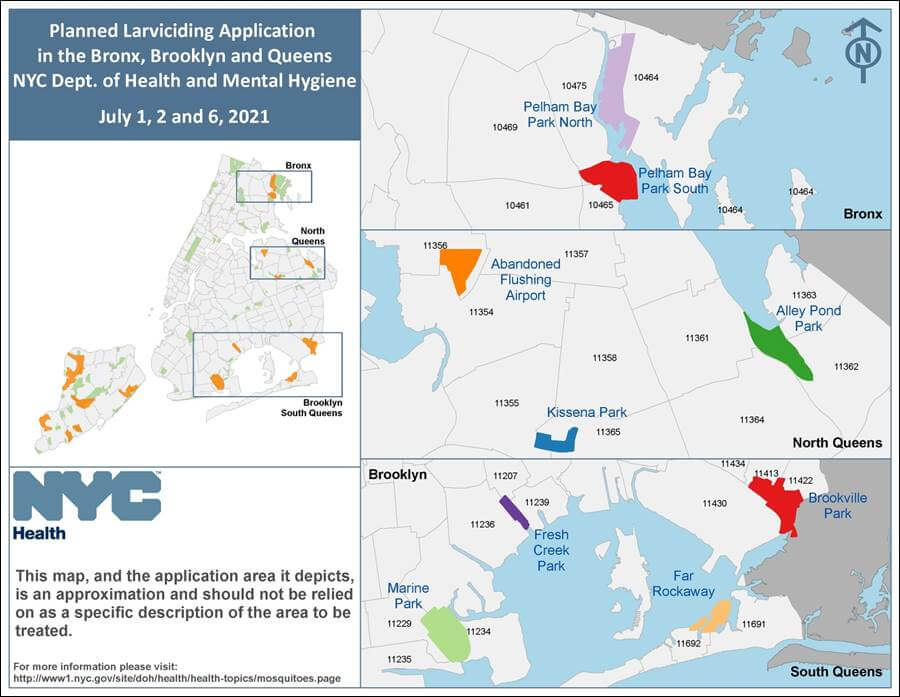
Typically, the larvicide treatments are a precursor to mosquito pesticide spraying around the city, usually by trucks. No such operations are scheduled as of yet.
Even with marshy wetlands being treated with larvicide, the city’s Health Department advises residents that “the most effective way to control mosquitoes is to eliminate any standing water” around their home. Sweep away any puddles on sidewalks and dump water out of outdoor containers that collect it. Also keep roof gutters clear to ensure proper drainage.
When outside, avoid mosquito bites by using an approved insect repellant containing DEET, picaridin, oil of lemon eucalyptus (except for children under three) or any product containing the active ingredient IR3535.
For more information, visit nyc.gov/health/wnv.



